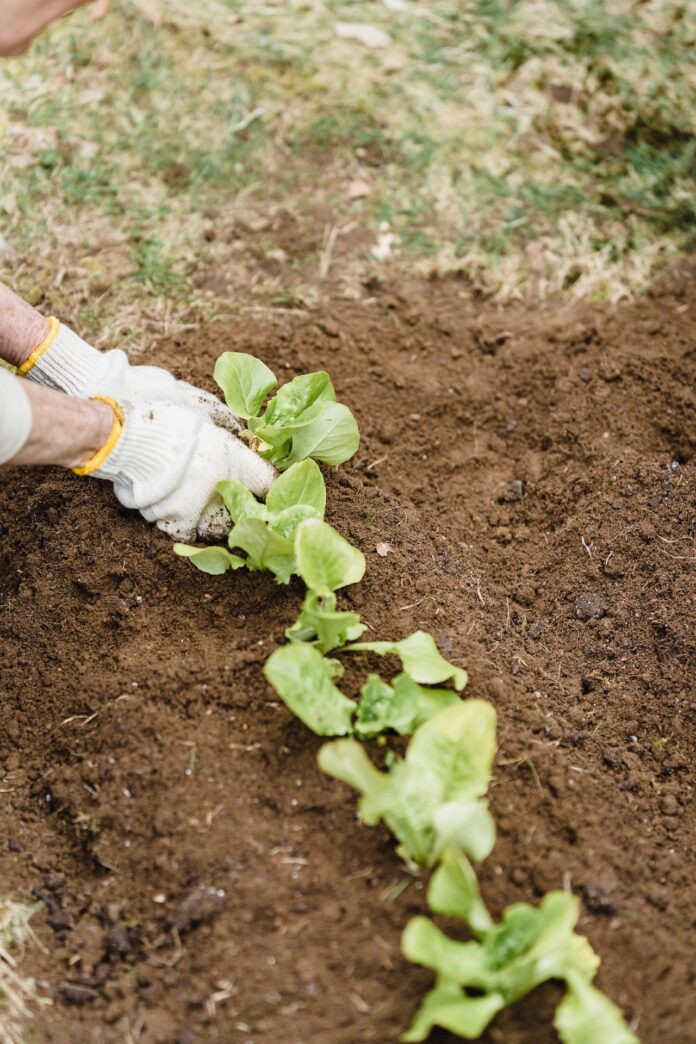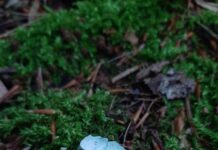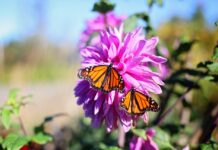
Have you always dreamed of having a beautiful English garden but never really had a logical place to grow one? Perhaps you are a first-time homeowner, and you finally have land of your own upon which to plant that garden. However, you are in a quandary. Should you plant edible plants or those that enhance the beauty of your grounds? Why not plant both? It’s easier to get started than you might think, and these tips should point you in the right direction.
1. Learn the Basics
Don’t make the first mistake that many newbie gardeners make. It might be tempting to go out and buy seeds for the plants you’ve always wanted to grow, but that is the wrong way to approach it. Take the time to learn from experienced gardeners. You can learn a lot about plants for English garden enthusiasts, of which you can now be counted among that lot. Take the time to read gardening tips from lay gardeners and professionals alike. Once you have a grip on the basics of gardening, you can finally start acquiring the seeds and starter plants you would like to have in your very own garden.
2. Carefully Plan Your Layout
Once it’s time to get started, this is the most important thing to consider. Where, exactly, will you place your garden? Do your plants require direct sunlight, or do they do better in shaded areas? Also, how much space will you need between plants? This is extremely important of all types of plants, but probably more so for edibles, some of which vine out rather than growing up. Space and location are prime considerations.
3. Feed Naturally with Compost
If you are like so many other households in the UK, you are probably focused heavily on sustainability. You’ve learned and are living by the three Rs, Reduce, Reuse, and Recycle. Well, that’s exactly what composting is! You can take much of the food waste you would either toss or put down the garbage disposal to start a compost pile. This will provide, after ‘cooking,’ natural nutrients most plants need. By the way, cooking doesn’t mean on the stove but rather more like fermenting when left to sit there. It’s a term used by gardeners around the globe.
4. Consider Companion Gardening
This is another natural way to feed your plants. Some plants do well when grown adjacent to each other because they both give off the nutrients into the soil that the other plants need. It’s an interesting concept, so do take the time to explore which plants do well together. You can significantly reduce your feeding this way.
5. Find Natural Alternatives to Pesticides
In much the same way as companion gardening, there are ways to plant pest resistant plants in rows between those which tend to attract pests. Edibles are high on that list. Not only does this help to grow an organic garden but you will be doing your part in keeping dangerous chemicals from reaching the water table.
This is just the beginning of an amazing adventure you will have gardening. Just remember to do your homework so that you will have the loveliest and most productive garden ever. Gardening is something that can be learned so have fun growing all the plants you’ve dreamed of for so very long.
Help keep news FREE for our readers
Supporting your local community newspaper/online news outlet is crucial now more than ever. If you believe in independent journalism, then consider making a valuable contribution by making a one-time or monthly donation. We operate in rural areas where providing unbiased news can be challenging. Read More About Supporting The West Wales Chronicle























